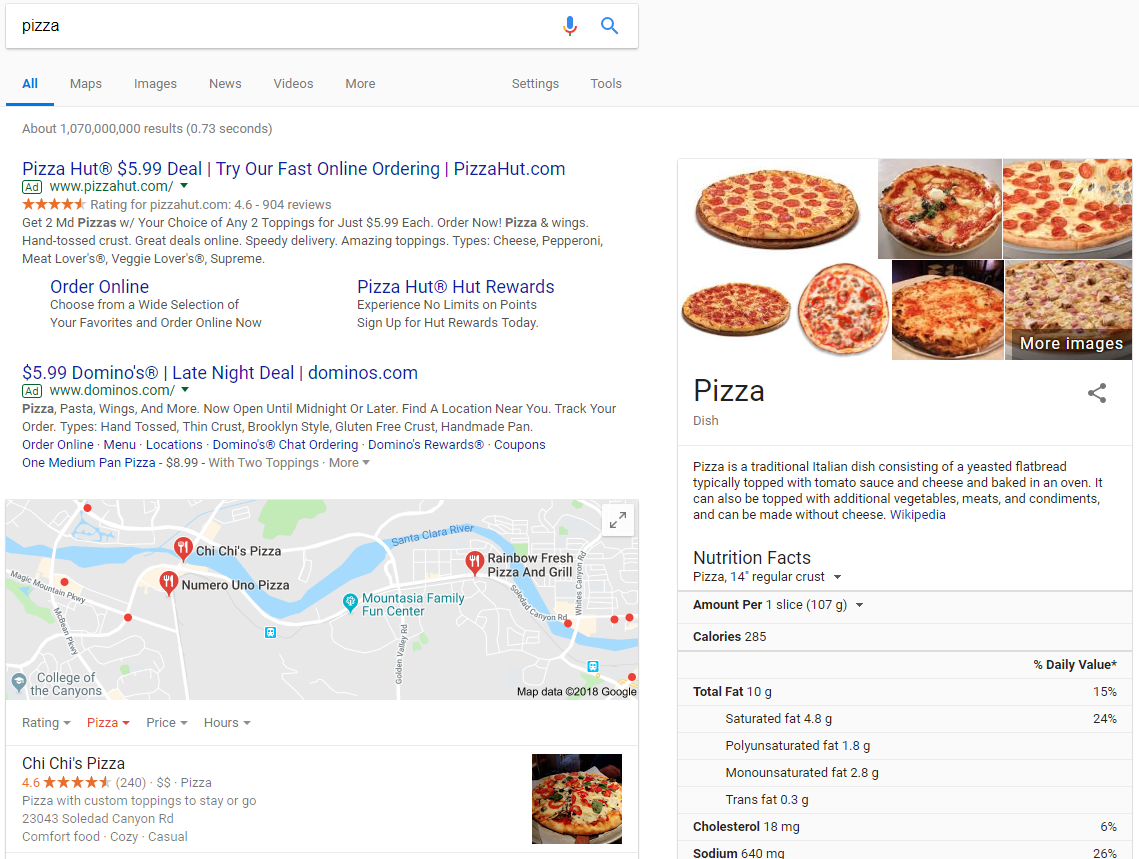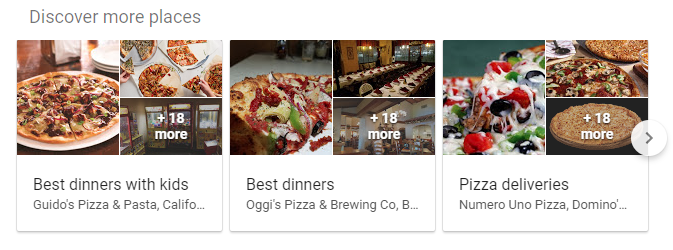

Keyword Search in SEO
Understand what your audience desires to seek out.
Keywords: keyword search, SEO BASIC, ANALYSIS
The power of keyword analysis lies in a higher understanding of your target market and the way they’re searching for your content, services, or products.
Keyword analysis provides you with specific search information that may assist you in answering queries like:
-
What are people looking for?
-
How many people are looking for it?
-
In what format do they require that information?
What terms people are looking for?
You may recognize what you are doing yourself. However are potential customers rummaging around for the merchandise, service, or data you provide? How you respond to this question may be a crucial starting point for applying the keyword analysis method to your business.
Discovering keywords:
You may already have a couple of keywords in mind, which you would simply love to rank highly for. These are going to be things like the name of your products or services, or alternative topics that your web site addresses. These are called seed keywords, which help you to establish your analysis, so begin right there!
Firstly, you’ll be able to enter those keywords into a keyword analysis tool to find the average monthly search volume of similar keywords. We’ll get into search volume in more depth within the next section. However, throughout the invention stage of the process, knowing which keywords are “hot” amongst searchers will assist you greatly.
Once you enter your seed keywords into a keyword analysis tool, you’ll begin to find alternative keywords, common queries, and topics for your content that you might find otherwise difficult to identify.
Let’s use the instance of a florist specializing in weddings.
Type “wedding” and “florist” into a keyword analysis tool and you’ll discover extremely relevant, frequently searched-for terms that are connected with the topic, such as:
-
Wedding bouquets
-
Bridal flowers
-
Wedding flower look
By using this method of discovering relevant keywords for your content, you’ll notice that the search volume of these keywords varies greatly.
What you actually need to focus on are terms that your audience is looking for. In some cases, it’s going to be additionally advantageous to focus on terms with lower search volumes, as it is much less competitive to have a higher-ranking search result.
Since using both high – and low-competition keywords is advantageous for your web site, learning how to discover the search volume of different terms will assist you greatly with grading keywords and deciding which ones may offer your web site the largest strategic advantage.
How usually are those terms searched?
Uncovering search volume
The higher the search volume for a given keyword or keyword phrase, the more additional work is usually needed to attain higher rankings. This is often called a “keyword issue” and infrequently incorporates SERP features (Search Engine Results Pages).
For instance, if several SERP options (such as featured snippets, data graphs, image carousels, etc.) are hindering a keyword’s result page, issue can occur. Huge brands usually take up the highest ten results for high-volume keywords. Thus, if you’re just starting out on the net and relying on constant keywords, the uphill battle for ranking will take years of effort.
Typically, the larger the search volume, the bigger the competition – meaning that more energy is needed to attain organic ranking success. If you are relying on keywords with too low a volume, however, you risk not drawing any searchers to your website. In many cases, it would be more advantageous to focus on extremely specific, lower competition search terms. In SEO, we tend to choose long-tail keywords – keyword phrases of three or four words.
Understanding the long tail
It would be nice to rank #1 for the keyword “shoes”… or would it?
It’s tempting to manage keywords that have 50,000 searches per month, or even 5,000 searches a month. However, used alone, these common search terms only compose a fraction of all searches performed on the net. In fact, keywords with terribly high search volumes could even indicate ambiguous intent, and if you target these terms, it might place you in danger of drawing guests to your web site whose goals do not match the content your page provides.



Does the searcher need to understand the biological components of a pizza? Are they looking for a pizza recipe? Do they need to order a pizza? Are they looking for a restaurant for a family dinner?
Google doesn’t know this. In order to help the searcher, they suggest more options to help to refine the search. Targeting “pizza” as a search term means you’re casting your net too wide and are unlikely to be helping your customers to find exactly what they want.
Don’t underestimate less common keywords. Long tail keywords with lower search volume usually convert to higher rankings, because people tend to be more specific and intentional in their internet searches when they want to make a purchase. For example, someone looking for “shoes” is perhaps simply browsing. Whereas somebody searching for “best value red women’s size seven shoe” already has their credit card out!
Getting strategic with search volume
Now that you’ve discovered relevant search terms for your web site and their corresponding search volumes, you’ll be able to become even more strategic by observing your competitors, and also discovering how internet searches are affected by the season, your location or the intent of your potential customers.
Competitors’ Keywords
You will soon compile a long list of keywords. However, how do you recognize which ones to tackle first? You might take an honest approach and grade high-volume keywords that your competitors aren’t presently ranking for. On the flip side, you might use the keywords from your list that your competitors are already ranking for and grade those.
The first approach is an ethical one – and one that enables you to take advantage of search terms that your competitors are not currently working with. However, the second approach is an aggressive strategy, setting you up to content for keywords your competitors are already playacting well for.
Keywords by season
A good knowledge of seasonal trends will give you an advantage in setting your content strategy. For instance, if your business sells Christmas-related products, you may recognize that “Christmas box” starts to spike as a keyword in October in the UK and will be able to prepare your content months in advance. Using seasonal keywords can provide an enormous boost to your business over the months when they are relevant.
Keywords by region
Additionally, you can strategically target a particular location in searches, by narrowing down your keyword analysis to specific cities, counties, or states within the Google Keyword Planner, or measuring “interest by sub region” in Google Trends.
Geo-specific analysis will allow you to build content that is relevant to your audience. For instance, you would possibly conclude that in Texas, USA, a popular term for an outsized vehicle is “monster truck,” whereas “big rig” is a less popular keyword.
This background information would assist you in planning which keywords to use for what region or country.
Keywords by intent
The SERP features which Google chooses to show depends on the intent of the person making the search on the internet.
Each search conducted on the internet is unique and there are thousands of different search types.
However, there are five major classes of search to remember:
-
Informational queries: The searcher desires data, such as the name of a band or the height of the Empire State Building.
-
Steering queries: The searcher desires to travel to a specific location on the internet, such as Facebook or the homepage of the NFL.
-
Transactional queries: The searcher desires to do one thing, such as purchase an airplane ticket or to hear a specific song.
-
Business investigation: The searcher desires to find the product that is most relevant for his or her specific desires.
-
Native queries: The searcher desires to seek out one thing geographically, such as a close-by coffee house, doctor, or music venue.

An important step within the keyword analysis method is to examine the SERP landscape for the keyword you would like to focus on, to give you a much better gauge of searcher intent. If you would like to grasp what kind of content your audience desires, look to the SERPs!
Google has closely evaluated the behavior of trillions of searches in an endeavor to supply the most desired content for every specific keyword search.
Tools for deciding the worth of a keyword
How could a keyword increase the value of your website? These tools will assist you in answering that question and will help you to build great additions to your keyword analysis arsenal:
-
Moa Keyword Individual: Our own Moa Keyword Individual tool extracts accurate search volume information, identifies keyword issues, and discovers keyword chance metrics by analyzing live click stream information. In addition, we’re producing our own keyword data, so consider choosing Moa Keyword Individual.
-
Google Keyword Planner: Google’s Ad Words Keyword Planner has traditionally been the most common place to begin searching for SEO keyword analysis. However, the Keyword Planner prohibits you from seeing exact monthly search volumes. Instead, it lumps keywords together into giant search volume-buckets. To learn how to find additional information, consider searching for “Google Keyword Planner’s Dirty Secrets”.
-
Google Trends: Google’s keyword trend tool is useful for locating seasonal keyword fluctuations. For instance, “funny Halloween costume ideas” can peak for weeks before the day itself.
-
AnswerThePublic: This free tool is popular for exploring queries around a particular keyword. As a bonus, you’ll be able to use this tool in tandem with another free tool, Keywords Everywhere, to grade AnswerThePublic’s suggestions by search volume.
-
SpyFu Keyword analysis tool: This website provides some very neat competitor keyword information.
Call Now Button









No Comments